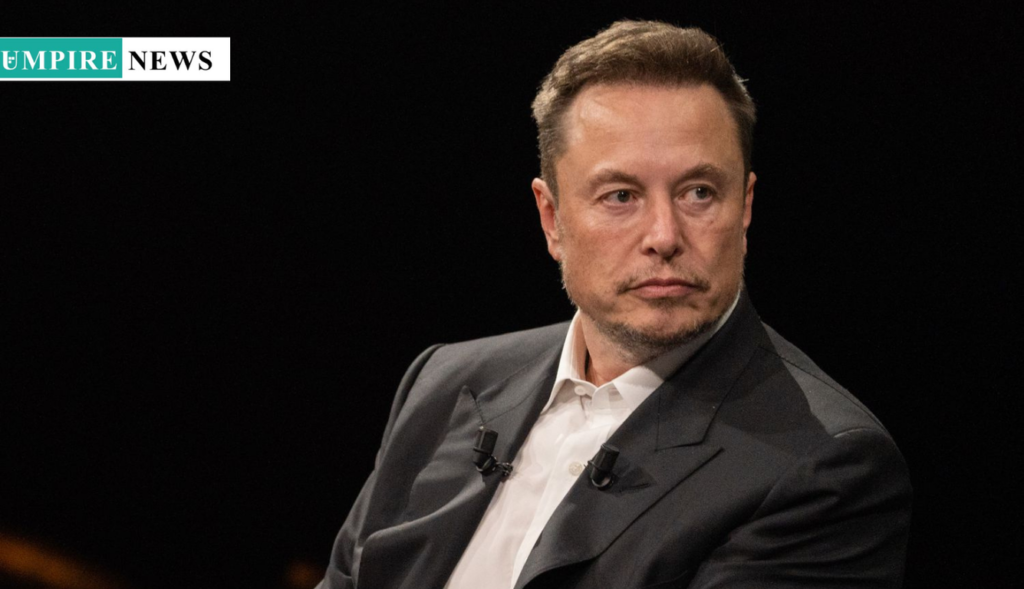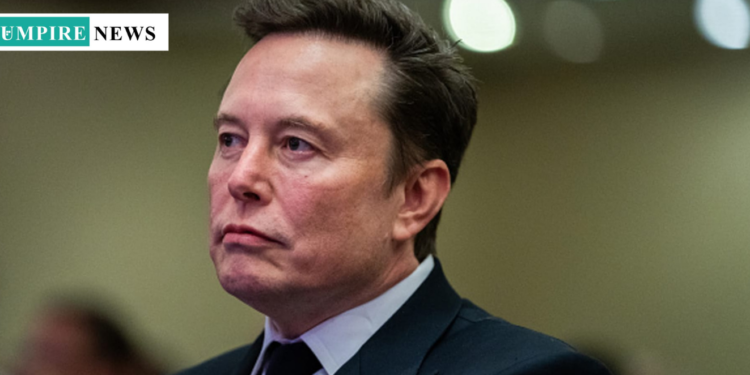A U.S. judge upheld her decision to reject Elon Musk’s controversial $55.8 billion compensation package from Tesla, denying the company’s attempt to have shareholders ratify the deal through a vote. Chancellor Kathaleen McCormick of Delaware’s Court of Chancery ruled on Monday that the shareholder vote in June could not reverse her earlier decision to strike down the package as excessive and unfair to Tesla’s shareholders. McCormick highlighted “material misstatements” in the documents provided to shareholders and rejected Tesla’s legal arguments, calling them inconsistent with established law.
Tesla had hoped to restore the pay deal after McCormick’s January ruling, but the judge dismissed the ratification attempt. In response, Tesla announced plans to appeal the verdict, with Musk asserting on X (formerly Twitter) that “shareholders should control company votes, not judges.” Tesla also faced a court-imposed $345 million in attorney fees, a sum much lower than the $5.6 billion requested by Richard Tornetta, a shareholder who had filed the lawsuit against the compensation package.

The compensation package, initially approved by Tesla shareholders in 2018, was designed to reward Musk for driving significant company growth. However, Tornetta argued that the plan was a result of Musk’s influence over the board, which he claimed lacked independence. Tornetta accused Musk of unjustified enrichment, claiming the deal allowed him to become the world’s wealthiest individual while harming the interests of shareholders.
During the 2022 trial, Musk defended the compensation plan, stating that Tesla’s investors were among the most sophisticated globally and were aware of the company’s growth trajectory. He argued that it was only after the success of the Model 3 that Tesla turned around its fortunes. Musk also denied having any direct involvement in drafting the pay package or discussing it with the board, which included close friends of his.
The ruling is significant, as Delaware’s Court of Chancery is a key jurisdiction for corporate law, with many major U.S. companies incorporated there. Musk’s reaction to the court decision was to call for businesses to consider leaving Delaware, continuing his criticism of the legal system’s involvement in corporate governance.


































